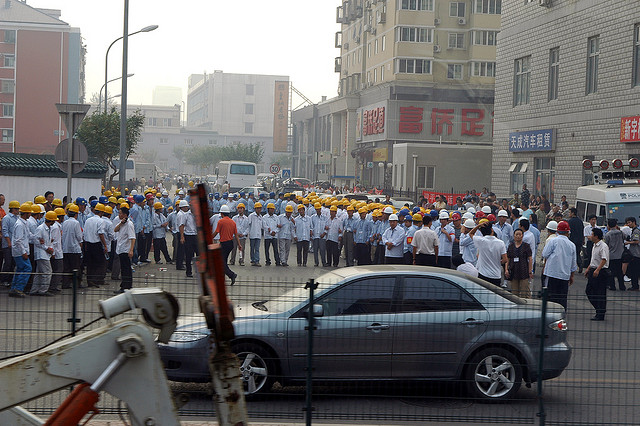Podcast: Play in new window | Download
Subscribe: Apple Podcasts | Android | Email | Google Podcasts | RSS | More
The focus of today’s podcast is China: its development over the past several years, the situation of workers and unions as well as future directions. To get some perspective second largest economy in the world and one still expanding at breakneck, albeit slower, pace, I spoke with two guests: Minqi Li and Cathy Walker.
My first guest is Minqi Li. Minqi is professor of economics at the University of Utah and specializes in China’s economy and offers. He previously taught at York University in Toronto and received his PhD from University of Massachusetts, Amherst.
My second conversation is with Cathy Walker. Cathy was for many years a health and safety officer with the Canadian Autoworkers Union and is now retired. Both while still at CAW, and now during her retirement, she has participated in a number of exchanges with Chinese unions and is able to offer a unique perspective on trade unionism in both countries.
